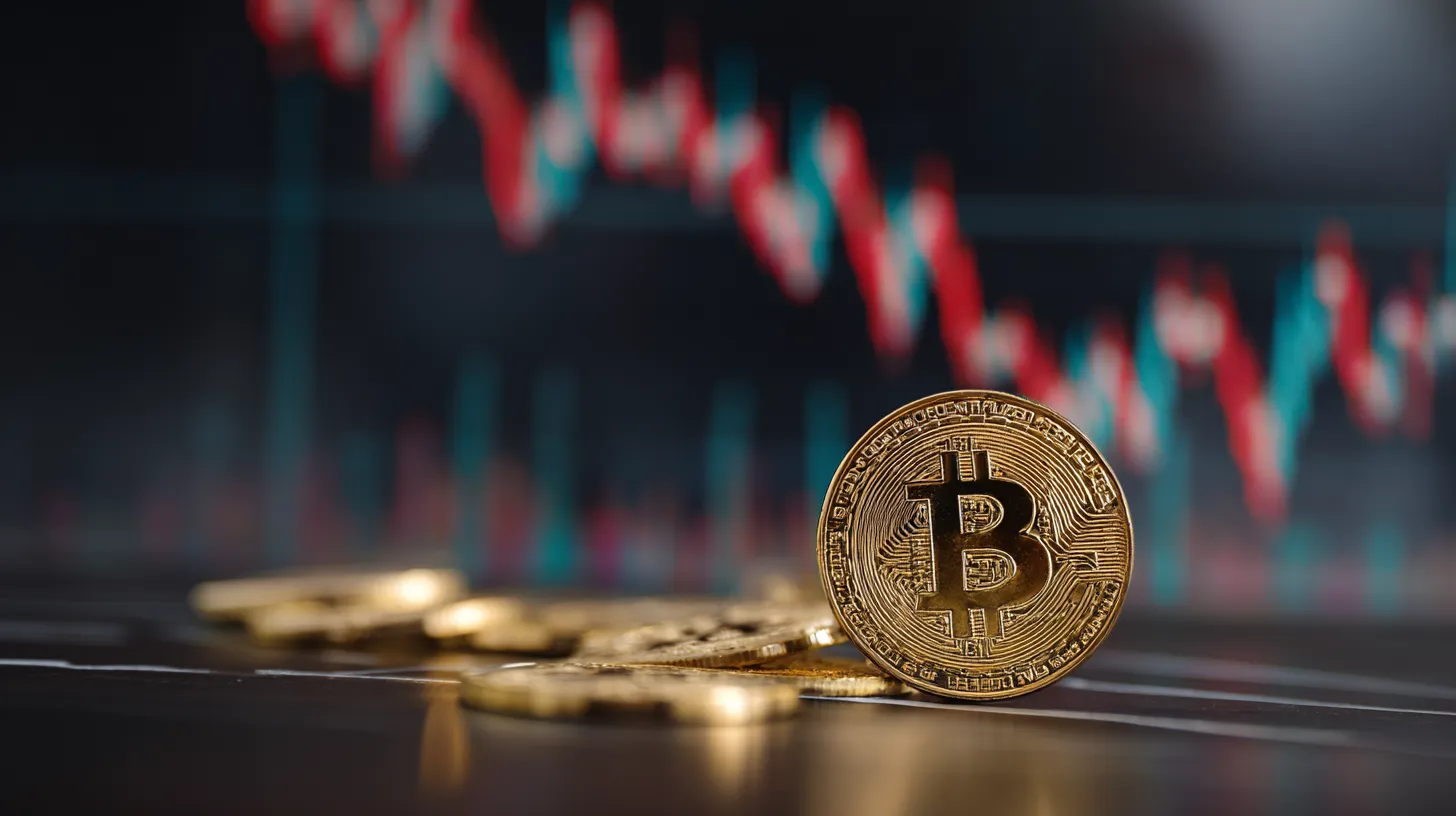⚡What If Your Worst Enemy in Trading Is Your Own Mind? 🧨
You’ve studied charts. You’ve learned strategies. You even picked the best broker. And yet—you still lose money. Why? Because the most dangerous opponent in trading isn’t the market. It’s you. Learning how to learn trading psychology isn’t optional. It’s essential. And in this article, you’re going to discover how to rewire your mindset, crush self-sabotage, and start winning trades with clarity and confidence.
🎯 Why Trading Psychology is the Real Secret Sauce
You can master technical indicators, price action, or even AI-based trading bots—but if you panic when the candle turns red, none of it matters. Traders lose not because of bad systems, but because of bad decisions under pressure.
If you’ve been asking how to learn trading psychology, it means you’re ready to upgrade from hobbyist to serious trader. This shift separates gamblers from professionals. Mindset isn’t just another skill. It’s the core of sustainable success.
Also read : Can I Trade Gold with $5? Discover Smart Strategies for Small Capital Traders
📘 Understanding the Basics of Trading Psychology
Trading psychology is the study of human behavior and emotion in market environments. It’s about how fear, greed, overconfidence, and self-doubt influence your trades.
🔍 Core components include:
-
Emotional control (especially under pressure)
-
Discipline in following a trading plan
-
Risk management adherence
-
Detachment from outcomes
-
Learning from losses (not repeating them)
When you understand how to learn trading psychology, you stop reacting and start responding with intention and logic.
🧭 Step-by-Step: How to Learn Trading Psychology Like a Pro
Let’s break down practical steps to master your mindset and elevate your trading game.
💡 1. Self-Awareness Is the First Weapon 🔦
Before you conquer the markets, you must conquer yourself. Track your emotions after every trade—log what you felt and why. Were you chasing losses? Getting overconfident?
Tip: Keep a trading journal that tracks not just technical setups, but emotions. Over time, patterns will emerge. That’s your roadmap.
Remember, if you can’t measure it, you can’t manage it.
🔐 2. Build an Unbreakable Trading Routine 🧱
Consistency creates confidence. Having a structured routine—morning analysis, entry checklist, review sessions—keeps you grounded.
✔ Example Daily Routine:
-
Wake up → check economic calendar
-
Review overnight price action
-
Trade only during chosen session (no overtrading)
-
End-of-day journal entry
This structure helps eliminate emotional trading and creates a safe mental framework.
⚠️ 3. Master Emotional Triggers 🎭
Understanding how to learn trading psychology includes identifying what triggers your worst decisions.
🔥 Common triggers:
-
Fear of missing out (FOMO)
-
Overconfidence after a big win
-
Revenge trading after a loss
-
Impatience during sideways markets
Solution? Pre-plan your trades, set alerts, and never enter a position without a valid setup. Emotional detachment is power.
🧪 4. Develop Risk Tolerance Through Position Sizing 📏
A huge emotional mistake traders make? Risking too much. When you place a trade that can destroy your account, fear takes control.
Follow this golden rule: Never risk more than 1–2% of your account per trade.
Risk management reduces anxiety and keeps your psychology stable. When your capital is protected, so is your mindset.
🔍 Mid-Article Deep Dive: The Science Behind Trading Emotions 🔬
Let’s dig deeper. What’s really happening in your brain during trading?
🧠 When you’re in a trade:
-
Your amygdala (emotion center) activates in high-risk situations.
-
Cortisol spikes under stress, impairing logic and reaction time.
-
Losses trigger pain centers in the brain similar to physical injury.
-
Wins release dopamine, which can become addictive.
Understanding how to learn trading psychology isn’t just a motivational tactic—it’s neuroscience. The better you understand your brain, the better you trade.
Pro tip: Use mindfulness or meditation to quiet your brain and reduce cortisol levels before or during trading.
🔁 5. Create a Feedback Loop for Growth 🔄
Review every trade—even the ones you didn’t take. Ask yourself:
-
Did I follow my plan?
-
Was my emotion stable?
-
Did I exit logically or emotionally?
Over time, this loop builds unconscious competence. You won’t need to “try” to stay disciplined—it becomes second nature.
This is how elite traders think. This is how to learn trading psychology the right way.
📚 6. Read, Watch, and Learn from Trading Psychology Masters 📖
Great minds leave clues. Some must-read resources on trading psychology:
-
“Trading in the Zone” by Mark Douglas
-
“The Disciplined Trader” also by Douglas
-
YouTube channels like The Trading Psychologist or SMB Capital
-
Podcasts focused on trading mindset
Learning how to learn trading psychology is an ongoing journey. Stay curious, keep absorbing.
🧘♂️ 7. Stay Mentally Fit Outside of Trading Too 🏋️
You can’t separate life from trading. A healthy body supports a healthy mind.
🏃♀️ Daily exercise
🛏️ Good sleep habits
🥗 Nutritious food
📴 Taking breaks from screens
These practices sharpen your focus and reduce emotional fatigue—making you a better trader every day.
🛡️ Build a Mindset That Wins Even When You Lose 🎯
Losses are part of the game. What matters is how you respond. A healthy trading mindset:
-
Accepts losses without shame
-
Avoids comparing with others
-
Measures progress in consistency, not just profit
-
Treats trading as a business, not a lottery
This is the essence of how to learn trading psychology—to become a calm warrior in the face of chaos.
📈 Final Checklist: Are You On the Right Psychological Path?
✅ I journal after every trade
✅ I stick to a routine
✅ I never over-leverage
✅ I review losses for learning
✅ I protect my peace before trading
✅ I detach from outcomes
✅ I trust my process, not emotions
If you answered YES to 5 or more—you’re on your way to true trading mastery.
Also read : Can I Trade Gold With $10? A Beginner’s Guide to Low-Cost Gold Trading in 2025
✅ Our Recommendation: Trade with EXNESS to Support Your Growth
Once you’ve mastered your psychology, your broker should match your discipline. EXNESS stands out as a powerful choice for traders serious about growth. With tight spreads, fast execution, and 24/7 withdrawals, Exness removes technical stress so you can focus on your mindset. For anyone committed to learning and applying trading psychology effectively, Exness is the perfect partner.
🏁 Final Thoughts: You’ve Got the Strategy. Now Train the Mind. 💼
Most traders quit because they never learn how to learn trading psychology. But you’re not most traders. You’re here, investing in your mindset, which means you’re already ahead.
The market will always be unpredictable. But you? You can be unshakable.
Master your mind—and your profits will follow.






